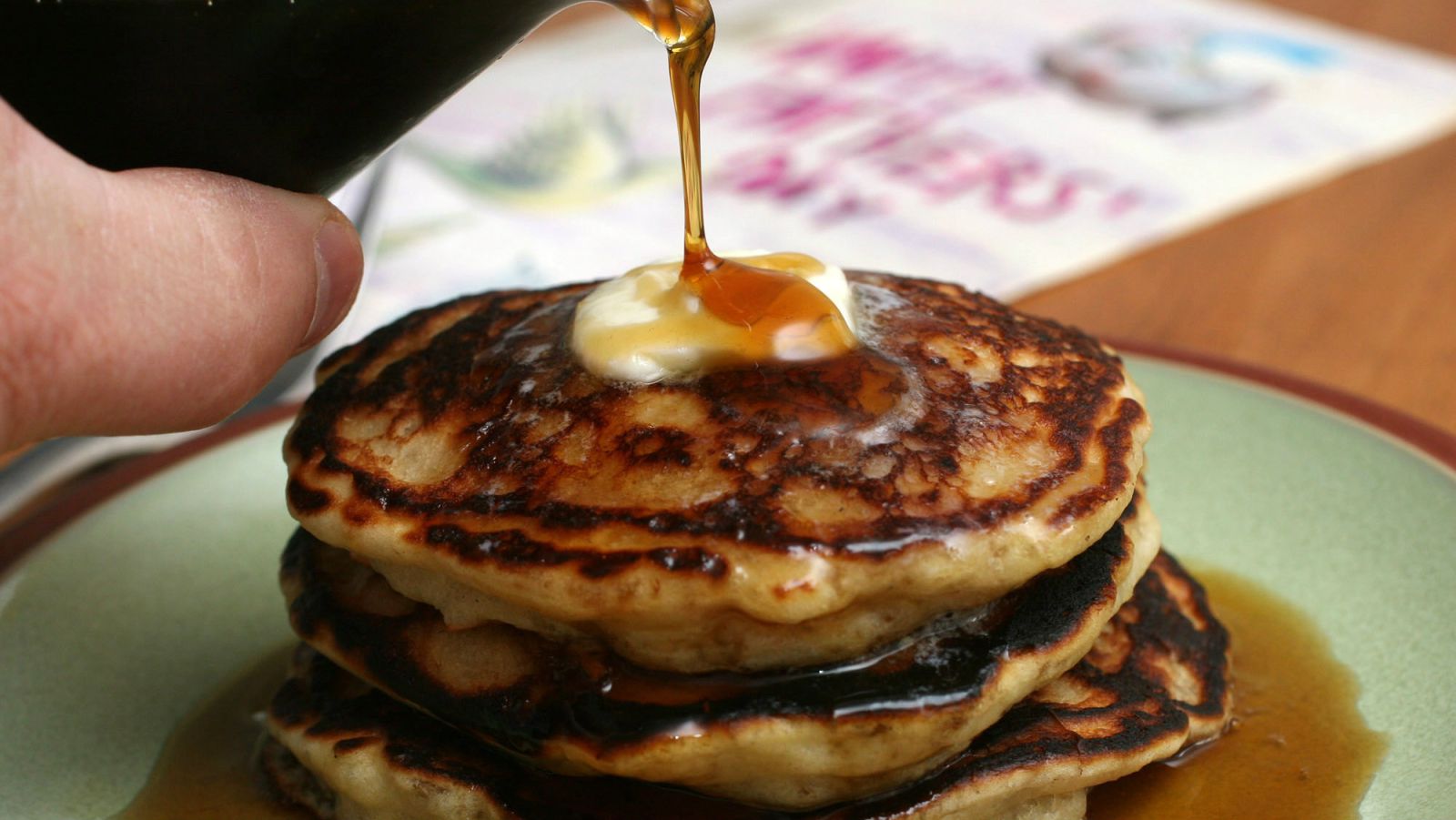Canada’s mighty maple-syrup cartel wants to put this grandmother in jail
Welcome to the cutthroat world of maple syrup.


Welcome to the cutthroat world of maple syrup.
Three-quarters of the world’s maple syrup comes out of Quebec in Canada under the auspices of the Federation of Quebec Maple Syrup Producers (FPAQ). It runs the country’s strategic maple-syrup reserve, deciding who can produce the liquid gold, how much they can sell, and what price their goods may command. Since 1990, producers have been legally compelled to sell the majority of their syrup to the FPAQ, which then sells it or stores it as it sees fit. The small fraction sold on the market also gets taxed, with a 12%-per-pound fee going to the FPAQ.
The body is regularly compared to the oil cartel OPEC. And as with OPEC, the FPAQ has its discontents, who complain that the system is corrupt and hurts the little guy. There is no shortage of stories about the organization employing strong arm tactics to subdue rebellious maple syrup producers into submission.
The latest face complaining of such treatment is a redheaded grandmother, Angele Grenier, the BBC reports. Instead of selling her maple syrup to the FPAQ, Grenier sells her maple syrup in the Canadian province of New Brunswick—and she’s facing jail time and hefty fines because of it. (The BBC estimates possible fines at $368,000.)
Instead, she and her husband often operate under cover of darkness—and are regularly visited by FPAQ security and the police, who say she should only be selling to them. ”We want our freedom back,” Grenier told the BBC.
The FPAQ defends its practices, pointing out that its system received unanimous support from producers when they were set and has led to higher prices. As Sylvain Charlebois, an economics professor at Ontario’s University of Guelph Food Institute, told Quartz in September, many producers support the Quebecois body and its show of strength but the FPAQ is hurting its own members, because the higher prices are an invite to more competition from the US and other Canadian provinces.
Daniel Gaudreau, another unlikely anti-cartel producer, told the BBC: “Only a few of us dare to fight the federation because it built a system based on fear.” There are no signs yet that the FPAQ will back down, but luckily for pancakes all over the world, the rebels are not giving up either.